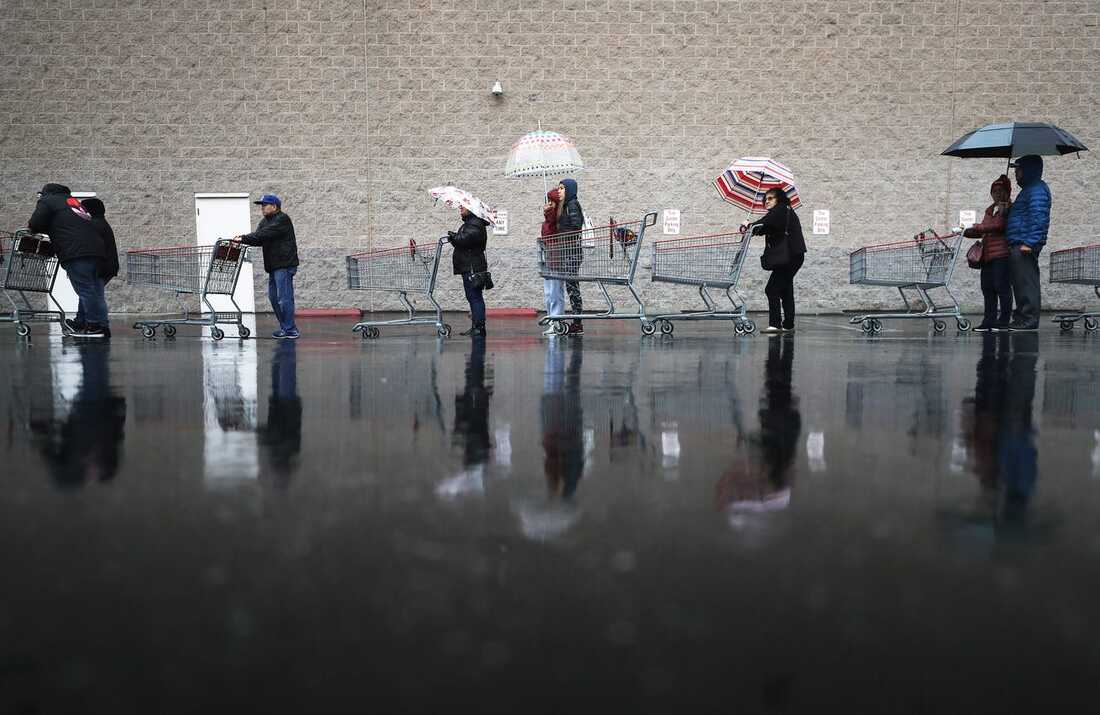|
One of the most challenging aspects to accept when responding to a disaster is how long term recovery differs from other forms of stress. Unfortunately, response to a pandemic also significantly differs from other forms of long term recovery, let alone other forms of stress.
One of the major differences from other types of disasters is that a pandemic simultaneously effects to great degree numerous communities at once. Other types of disasters (i.e., tornadoes, hurricanes, wildfires, or mass attacks, for example) instead may effect one or a few communities at once.
There can be positive aspects to the broad scope of pandemic impacts. For example, many people appreciate how we're all in this together, no matter what county, state, or even country you may be located. If you call a family member or coworker in another region, likely you have similar experiences to discuss.
That said, the level of impact can feel overwhelming to many people. Here are some important practices to keep in mind as you proceed through stages of impact by pandemic: Pace and Nourish Yourself and the People Around You as You Go This cannot be emphasized enough. The road ahead is a long one. There will be many needs to address, well beyond issues of quarantine and physical distancing. You will have greater ability to adapt and respond to what comes if you pace your response, do not over function, and incorporate healthy daily practices. You cannot solve the pandemic in a day, a week, or even a month. As you consider pacing and nourishing yourself and the people around you, in your homes, work, or neighborhood, consider what you have been putting off in the last few days since beginning to realize the gravity of the pandemic spread. Dinners with family or housemates? Smiling at people in your household or in your neighborhood on a regular basis? Taking time to move around, or to take a mental break from focusing on response to think about or enjoy something else for a little while? How many days will you be putting these things off? This week? Several weeks? The demands are not going to lift any time soon. And if you continue to put these important nourishing practices on hold, you inadvertently will prepare yourself for burnout. Gather Your Resources What or who helps you personally and professionally? If you do not already know, now is a good time to figure this out, as you will need to draw on these practices, forms of support, or people throughout the weeks ahead. Having a current referral list is very helpful. There may also be certain supplies you regularly need in the weeks ahead. Take time to consider what those are and identify ways of obtaining them, if possible and necessary. Remember, A Step at a Time Rather than focusing on the big picture, many people who survive, and even thrive, beyond significant adversity, reflect on how they did it by focusing on what they or the people around them needed next, more than everything that was needed. By focusing on the next step, gradually you create a step-by-step pathway forward. You can do this! And, your efforts are contagious. Thank you for the tremendous difference you are making.
Help sustain online education by making a financial contribution today or becoming a monthly donor. Thank you for your generosity!
1 Comment
LAMAR LUSSI
4/30/2020 07:01:43 am
PEOPLE KEEP BRINGING US FOOD. I HAVE NOT BEEN TO KROGER IN 4-5 WEEKS. THREE OTHER FAMILIES HAVE BROGHT US SOUP THAT WILL LAST FOR EIGHT SERVINGS FOR SHIRLEY AND ME. THE LEO'S,THE DOMINGUEZ AND THE HUFFORDS.
Reply
Leave a Reply. |
�
COMMUNITY BLOGFrom 2012-2021, this blog space explored expanding understanding and best practices for leadership and whole-community care.
This website serves as a historical mark of work the Institute conducted prior to 2022. This website is no longer updated. Archives
January 2021
Categories
All
|



 RSS Feed
RSS Feed
